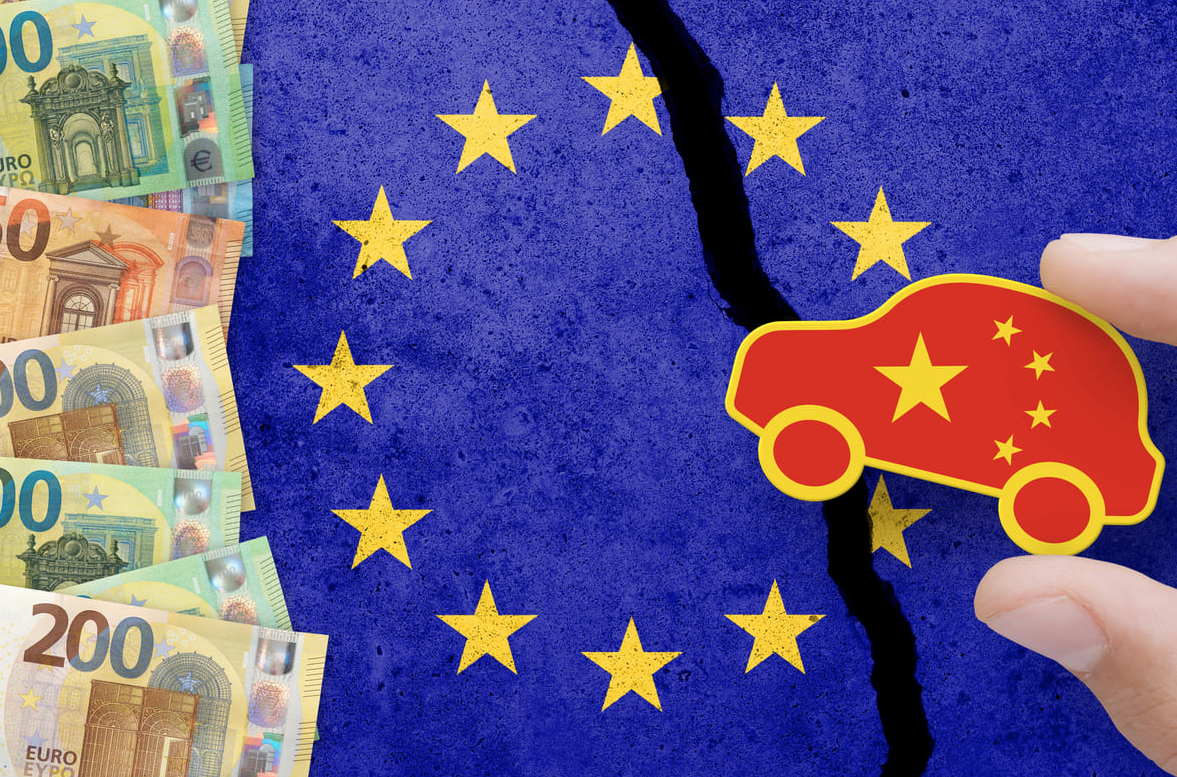
The EU’s Trade Defense Committee confirmed tariffs on Chinese electric cars with 10 votes in favor, 5 against, and 12 abstentions. In the vote on October 4th, the qualified majority that could have reversed the decision did not materialize, despite opposition from some heavyweight countries like Germany. The representatives of the 27 Member States thus gave the green light to the Commission to proceed with the imposition of permanent tariffs.
also read The EU will impose up to 38% duties on Chinese electric cars
In detail, the votes were as follows:
In favor: Italy, France, the Netherlands, Estonia, Lithuania, Latvia, Poland, Denmark, Bulgaria, Ireland
Abstentions: Belgium, Czech Republic, Spain, Greece, Croatia, Cyprus, Luxembourg, Austria, Portugal, Romania, Sweden, Finland
Against: Germany, Hungary, Malta, Slovenia, Slovakia
The countries in favor represent almost 46% of the European population. Although the abstaining countries are more numerous, they only account for 31% of the EU population. The countries against represent about 22.5%.
Here’s the translation:
Why Europe will impose tariffs on Chinese EVs
Brussels has chosen this path in response to the substantial public subsidies with which Beijing allegedly supported its car manufacturers for many years, pursuing an unfair competition policy. According to the EU, these are illegal subsidies that have allowed China to capture an increasingly larger share of the European car market. According to estimates from the Center for Strategic and International Studies (CSIS), these subsidies amount to at least €230 billion over 14 years.
How tariffs on Chinese electric cars work
After the October 4th vote, Europe will impose a customs tax on imports of electric vehicles produced in China (not just Chinese brands). So far, provisional tariffs on Chinese electric cars had been in place, announced in mid-June 2024 and introduced on July 5th.
Currently, the tariffs on Chinese electric cars amount to:
- BYD: 17.0%
- Geely: 19.3%
- SAIC: 36.3%
- Auto manufacturers that cooperated with the EU investigations: 21.3%
- Manufacturers that did not cooperate: 36.3%
All these rates are in addition to the existing 10% tariff on electric car imports from China to Europe.
The system of additional tariffs assigns a rate to each car manufacturer based on the degree of cooperation shown with European authorities in the clarification process conducted by Brussels on Beijing’s illegal subsidies.
At the end of August, the Commission slightly revised all the rates downward, reflecting ongoing talks with Beijing authorities to reach an agreement and avoid a full-scale trade war, which could materialize if China responds with tariffs on other product categories.
Dairy products tariffs, China’s retaliation
One potential target in recent months is the dairy sector. Beijing claims that EU subsidies to farmers and livestock breeders — the Common Agricultural Policy, which accounts for one-third of the EU budget, or about €350 billion — are undue aids that distort market dynamics.
The battle against European-made milk, cream, and cheese could affect a business worth €1.7 billion (China is the 8th largest market for these European products) and would primarily harm Italy, the Netherlands, Denmark, and France, the largest exporters to China. Nonetheless, both Italy and France voted in favor of tariffs on Chinese electric cars on October 4th.
Only high emissions standards can save the EU car industry
While the 27 Member States are divided on the decision to impose additional tariffs on Chinese-built EVs, the NGO Transport & Environment (T&E) calculates that this protectionist measure alone cannot shield the European car industry from Beijing. Only by combining tariffs with high vehicle emissions standards can Europe regain market share, T&E argues in a study published today.
By the end of 2024, according to the NGO, electric cars imported from China — including those from European and American brands such as BMW, Volvo, and Tesla — will account for 25% of EVs sold in the EU. If Europe decides to relax emissions limits, as it is considering in recent weeks, China’s market share will rise to 27% by next year. However, combining tariffs with strong emissions standards would reduce the market share to 20% in 2025 and 18% in 2026.
“Higher EV tariffs are fair, but only when paired with car CO2 targets. They are part of a coherent industrial policy to boost electric car production in Europe. However, the EU risks having the worst of both worlds if it delays the 2025 CO2 targets while simultaneously limiting affordable models imported from China,” comments Julia Poliscanova of T&E.